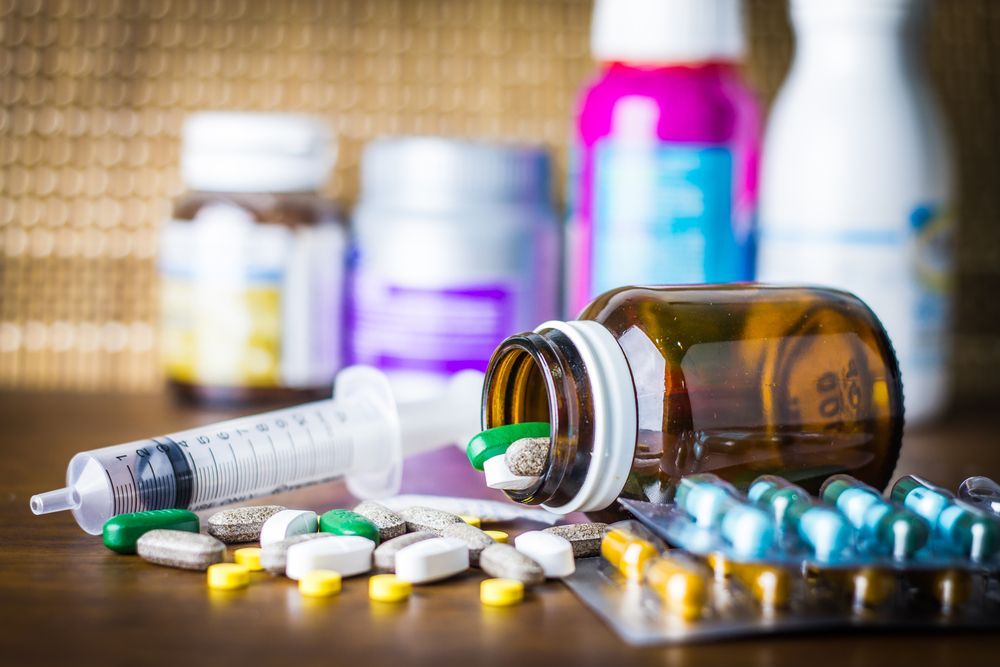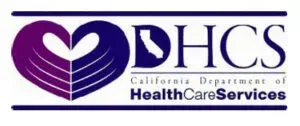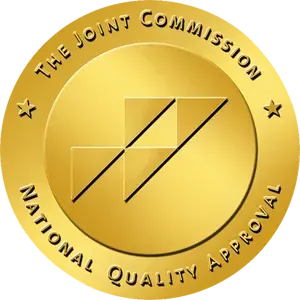Drug Rehab
Drug Rehab Center in Huntington Beach CA
Surf City Recovery – Alcohol & Drug Treatment is committed to helping individuals reclaim control of their lives through our dedicated drug rehab in Huntington Beach, CA. As a leading rehabilitation center, our programs are designed to address the unique challenges of addiction while fostering long-term recovery.
By combining compassionate care with proven treatment methods, we provide a supportive environment where individuals can focus on their health, growth, and future. Whether someone is seeking alcohol rehab or drug treatment options, we strive to be recognized as the best alcohol and drug rehab center in Huntington Beach, CA, for those ready to take their first step toward lasting recovery.
Impact Of The Drug Rehab Programs
Phase 1: During Acute Withdrawal
If you are considering a drug rehab program for yourself or a loved one, you might ask the question, “How effective are drug rehab programs?” Due to the time and money involved in entering a drug rehab facility, knowing the facts before you commit to any program is wise. The goal of drug rehab programs is to return people to productive, functioning members of a family, workplace, and community. Much research has been done on individuals who enter drug rehab programs over extended periods.
Those who enter and remain in these programs stop using drugs, improve their social, occupational, and psychological functioning, and decrease their criminal activity. Each treatment outcome depends on the individual and the extent of the patient’s problems. The quality of the related services, the appropriateness of the treatment, and the relationship between the patient and his or her treatment providers also play a part in success.
Addiction to drugs can be managed successfully. The relapse rate for drug addiction is similar to the success rates of other chronic diseases such as hypertension, diabetes, and asthma. The success rate and the relapse rate of drug addiction are surprisingly similar to those of chronic diseases, but are looked at as a failure when relapse occurs. When a chronic disease is present, successful treatment requires continued evaluation and modification.
The same can be said for drug addiction. Unfortunately, many see any relapse in drug addiction as a complete failure. This is simply not true. When relapse occurs, the patient’s needs, symptoms, and modification of treatment should be evaluated. Lapses to drug abuse should not indicate failure, but rather they should signify that the treatment options need to be reinstated, altered, or adjusted.
How Do I Know If I Need Drug Rehab?
If you are questioning whether or not you have a need for drug rehab to stop taking drugs, then you have probably already identified your problem with drugs. If drugs have interfered with your relationships, family, job, or life in general, then there is a good chance that you have a problem with drugs and need drug rehab in Huntington Beach, CA. There are some questions you can ask yourself to help you identify whether or not you are addicted to drugs and need drug rehab. If you answer yes to some of these questions, chances are great that you might be addicted to drugs:
Do I think about drugs a lot?
Have I ever tried to stop or cut down on drug usage, but could not?
Have I ever thought I could not have a good time or fit in without drugs?
Do I use drugs because I am upset or angry with other people?
Have I ever used drugs without knowing what it was or how they would affect me?
Have I ever taken a drug to get over the effects of another drug?
Have I ever made mistakes at school or my job because of my drug use?
Does the thought of running out of drugs scare me?
Have I ever stolen to help pay for my drugs?
Have I ever been arrested or put in the hospital due to my drug use?
Have I ever overdosed on drugs?
Has my drug use hurt my relationships with other people?

How Expensive Is Drug Rehab?
While many people worry about the expense of drug rehabilitation, drug treatment has been proven to reduce the associated health and social costs more than the cost of drug rehab itself. Drug rehab is also less expensive than incarceration. For example, the cost of methadone treatment for a heroin addict is $4700 per patient for a year, while the cost of incarceration of the same patient costs around $24,000 per person per year. Health insurance may cover part of the cost of drug rehab, but the patient may still be responsible for thousands of dollars for treatment.
Despite this fact, there are many different financing options out there. Getting help is what matters the most, and financing can be crucial. Financial worries may be scary, but the hidden cost of addiction can be terrifying. The decision to get help may save a person their salary or assets already owned, like a car or house. The National Institute on Drug Abuse reports that the associated costs in social matters and healthcare are reduced by a greater amount than the cost of drug rehab treatment on its own.
The option of financing through credit is a realistic solution. However, using a credit card may involve paying high monthly interest rates. So, be prudent when deciding how to finance a drug rehab treatment. Health care credit cards cater to individuals looking to cover medical expenses. If a person has a good credit history, up to $20,000 or more in financing may be available for addiction recovery programs. Look for a medical credit card with a low interest rate and promotional repayment terms.
A local bank can offer lower interest rates to a person with good credit. Listing assets, income, and expenses is expected by any bank giving a loan, so be prepared to present pay stubs and expense reports. Differing repayment terms and interest rates come with these loans, so make sure to read the fine print. A fixed payment loan is more desirable than a variable loan because you can budget your repayment. This will take a lot of stress off a person once they leave treatment and allow them to focus solely on the process of recovery.
If the person has collateral in their home, then taking out a home equity loan may be a beneficial option over other types of loans. The banks see these loans as low risk and typically give competitive interest rates. Finally, there are companies out there that specialize in drug rehab financing. These companies typically offer loan packages that are affordable and specialized to the costs of treatment. These loan companies typically offer a lower interest rate than a regular credit card or a healthcare card. When deciding whether or not to enter into drug rehab, your last worry should be whether or not you can afford treatment. By planning ahead, drug addiction treatment financing is a viable option and should be used.

Improve Your Life Quality through Our Intensive Drug Rehab Program
Surf City Recovery – Alcohol & Drug Treatment offers various programs and treatments for individuals seeking assistance for their drug abuse addiction. Our affordable and comprehensive drug rehab in Huntington Beach, CA, program takes all aspects of the patient’s financial and mental capabilities into context before offering any treatment.
This way, our patients receive treatment knowing that we have their best interests at heart. As a trusted rehabilitation center in Huntington Beach, CA, we focus on long-term recovery and helping individuals reintegrate successfully into their families and communities.
Turning the Page to a New Chapter
Choosing the right alcohol and drug rehab center in Huntington Beach can make all the difference in the recovery journey. Surf City Recovery – Alcohol & Drug Treatment is proud to be a leading rehabilitation choice, offering compassionate care and proven treatment options.
Whether you are searching for
alcohol rehab in Huntington Beach, CA, or drug rehab, our programs are designed to provide the guidance and support you need. Take the first step toward a healthier and brighter future. Contact Surf City Recovery – Alcohol & Drug Treatment today to learn more about how our programs can help you or your loved one.
Get In Touch
Contact Us
We will get back to you as soon as possible.
Please try again later.


